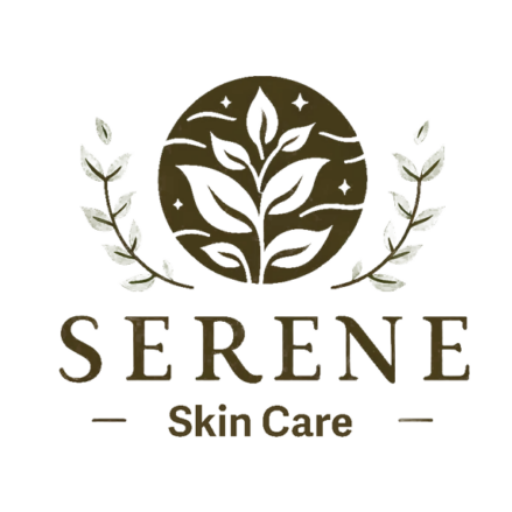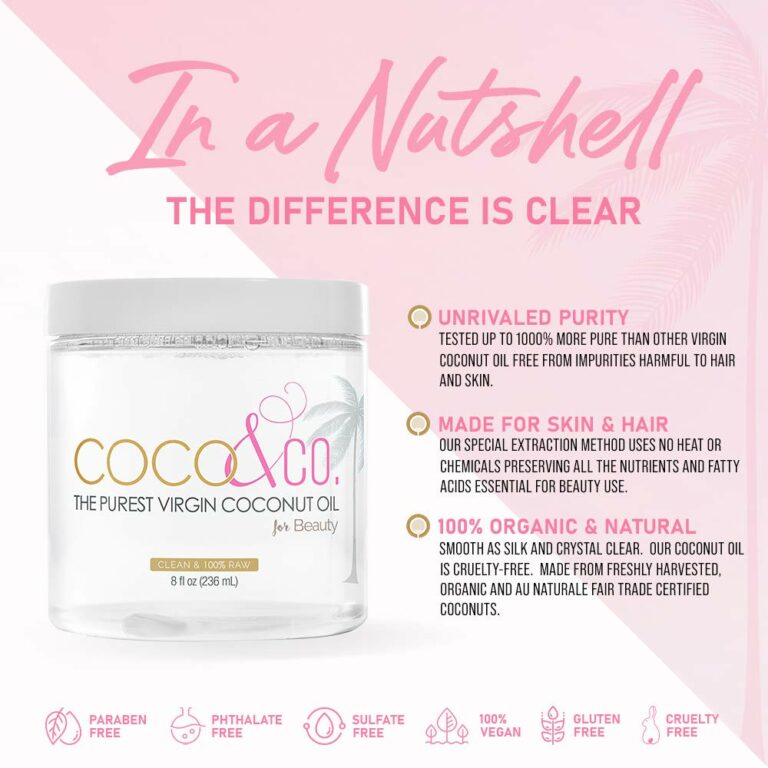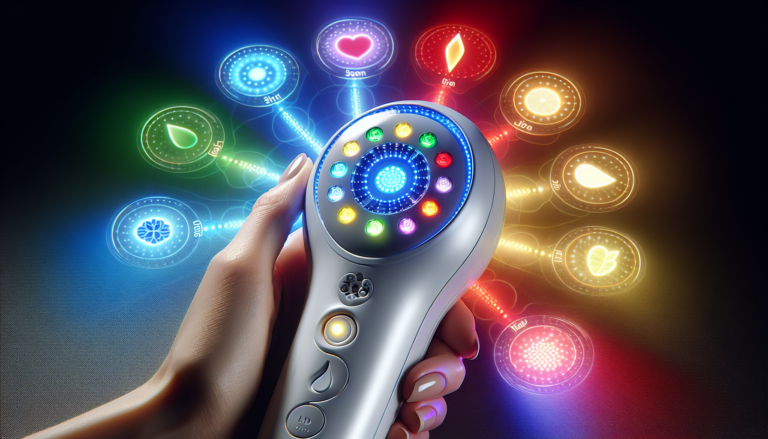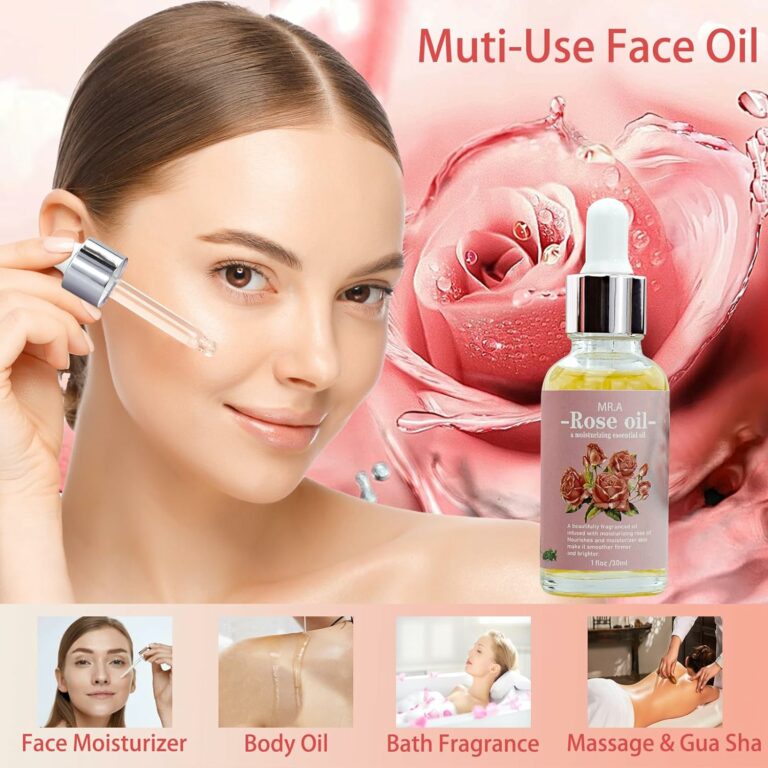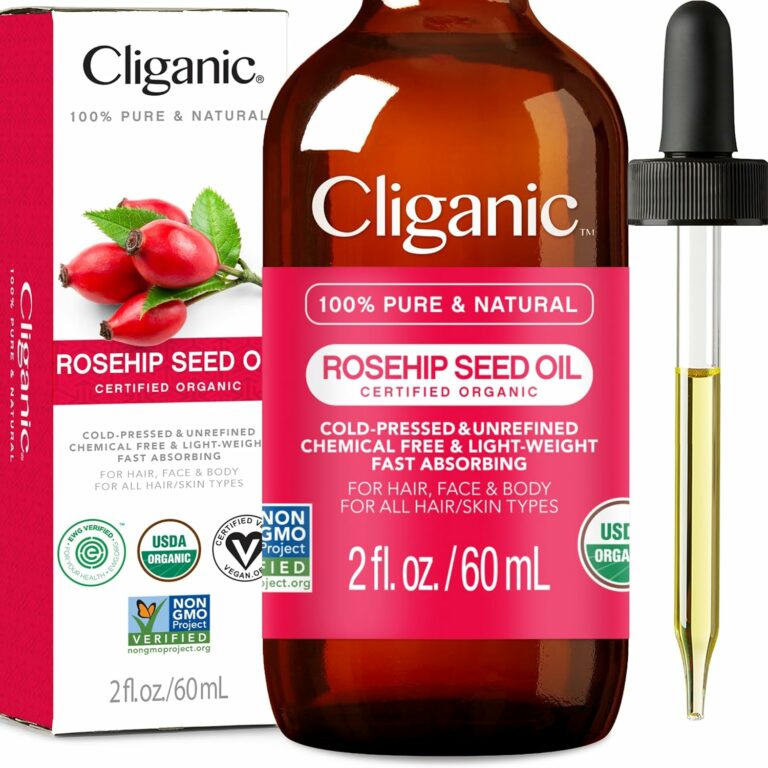Are you tired of spending a fortune on expensive skincare products, only to be disappointed by their lackluster results? In this article, we will debunk some of the most common skincare myths and reveal the truth about whether these pricey products are truly worth the investment. From the belief that the more expensive a product is, the more effective it will be, to misconceptions about sunscreen and moisturizing, we will provide you with the facts to help you make informed decisions about your skincare routine. Say goodbye to skincare myths and hello to a fresh, glowing complexion. It’s time for some skincare myth-busting!
Debunking Skincare Myths: The Truth About Expensive Products
Skincare is a topic that many people take seriously, and there is no shortage of misinformation floating around. In this article, we will address some common skincare myths and provide you with the truth behind them. Let’s dive in!

Myth: The more expensive a skincare product, the more effective it is.
There is a common belief that higher-priced skincare products are more effective than their affordable counterparts. However, this is not always the case. Price does not always equate to effectiveness in skincare products. Many affordable products on the market are equally, if not more, effective than their expensive counterparts. The key is to look for products with quality ingredients that work well with your skin type.
Myth: You don’t need sunscreen on a cloudy day.
One of the most prevalent skincare myths is that sunscreen is only necessary on sunny days. However, this couldn’t be further from the truth. UV rays can penetrate through clouds and cause damage to your skin, even on overcast days. It’s important to wear sunscreen every day, regardless of the weather. Look for a broad-spectrum sunscreen with at least SPF 30 to protect your skin from harmful UV rays.
Myth: The harder you scrub your skin, the cleaner it gets.
Many people believe that the harder they scrub their skin, the cleaner and more exfoliated it will be. However, this is a myth that can actually harm your skin. Over-scrubbing can damage the delicate skin barrier and lead to irritation, redness, and increased sensitivity. Instead, opt for gentle exfoliation methods and be sure to listen to your skin’s needs. Exfoliating once or twice a week with a gentle scrub or chemical exfoliant is sufficient for most skin types.
Myth: If a product burns or tingles, it means it’s working.
Feeling a burning or tingling sensation after applying a skincare product is often misconstrued as a sign that the product is working. However, this is not true. Burning or tingling sensations on the skin are often signs of irritation. Skincare products should not cause discomfort or pain when applied. If you experience these sensations, it’s best to discontinue use and consult with a dermatologist to determine the cause of the irritation.
Myth: You don’t need to moisturize if you have oily skin.
Many people with oily skin believe that moisturizing will only make their skin more oily. However, this is a common misconception. All skin types, including oily skin, need hydration. Skipping moisturizer can actually lead to more oil production as the skin tries to compensate for the lack of moisture. Look for lightweight, oil-free moisturizers or gel-based formulas that will nourish your skin without adding excess oil.
Myth: Pores open and close.
There is a prevailing myth that pores have muscles that can open and close. However, this is not true. Pores do not have the ability to open or close. The appearance of pore size can vary due to factors such as genetics, age, skin type, and environmental conditions. Keeping your skin clean, exfoliated, and well-hydrated can help minimize the appearance of pores, but they will never fully open or close.

Myth: Makeup causes acne.
It is a common belief that wearing makeup can cause acne. While this may be true for some individuals, it is not a universal truth. Not all makeup products are created equal, and non-comedogenic and oil-free formulations are less likely to cause breakouts. Choosing the right makeup for your skin type and ensuring that you cleanse your skin thoroughly each day can help prevent makeup-related acne.
Myth: Toothpaste is a good treatment for acne.
Toothpaste has often been touted as a quick-fix solution for acne. However, this is a myth that should not be followed. Applying toothpaste to acne spots can actually irritate the skin and lead to further inflammation. Instead, opt for acne treatments specifically formulated to target breakouts and speak with a dermatologist for personalized advice.
Myth: You don’t need to wash your face in the morning.
Some people believe that washing their face at night is sufficient and that there is no need to cleanse in the morning. However, this is not true. Cleansing your face in the morning is essential to remove any oil, sweat, or residue that may have accumulated overnight. It helps to refresh and prep your skin for the day ahead. Use a gentle cleanser suited for your skin type to avoid stripping your skin of its natural oils.
Myth: Higher SPF sunscreens are exponentially better.
Many people believe that higher SPF (Sun Protection Factor) sunscreens offer significantly better protection against the sun’s harmful rays. However, this is a misconception. The increase in SPF protection is not proportional to the number on the sunscreen. For example, SPF 30 blocks about 97% of UVB rays, while SPF 50 blocks about 98% of UVB rays. It’s important to apply sunscreen generously and reapply every two hours, regardless of the SPF number.
Myth: Natural or organic skincare products are always better.
There is a growing trend towards natural and organic skincare products, with the belief that they are inherently better and safer for the skin. However, natural does not automatically mean safe or effective. Some natural ingredients can be harsh or irritating to certain skin types. It’s essential to read the ingredient labels and do your research to ensure that the products you choose are suitable for your skin’s unique needs and concerns.
Myth: Skin adapts to skincare products over time, making them less effective.
It is often believed that the skin can build an immunity to skincare products over time, rendering them less effective. However, this is not true. Skin does not adapt to skincare products, but skin conditions and needs may change over time. As we age or experience different environmental factors, our skin may require different care. It’s important to listen to your skin and adjust your skincare routine as necessary.
Myth: Drinking water will solve dry skin problems.
Staying hydrated is crucial for overall health, but drinking water alone will not solve all dry skin problems. While hydration from within is essential, topical moisturizing is necessary to improve and maintain skin hydration. Look for moisturizers containing ingredients such as hyaluronic acid and ceramides to help lock in moisture and restore the skin’s natural barrier.
Myth: Cutting out dairy will always clear up acne.
Diet can play a role in acne development, and some individuals may find that cutting out dairy helps improve their skin. However, this is not a one-size-fits-all solution. The relationship between diet and acne is complex, and different factors can contribute to acne development. Dairy may worsen acne for some individuals, but not for everyone. It’s important to consider other factors, such as hormonal imbalances, stress, and skincare routine, when addressing acne concerns.
Myth: You don’t need a separate eye cream.
The delicate skin around the eyes is more prone to dryness, fine lines, and wrinkles. Many people believe that their regular moisturizer is sufficient for this area. However, the truth is that the skin around the eyes has different needs and may benefit from specially formulated eye creams. Look for eye creams that target specific concerns such as puffiness, dark circles, and crow’s feet to nourish and protect this delicate area.
Skincare myths can be prevalent and confusing, but by understanding the truth behind them, you can make informed decisions for your skincare routine. Remember, price doesn’t always equate to effectiveness, sunscreen is necessary every day, be gentle with your skin, avoid products that cause discomfort, and provide proper hydration and care for your unique skin type. Happy debunking!
